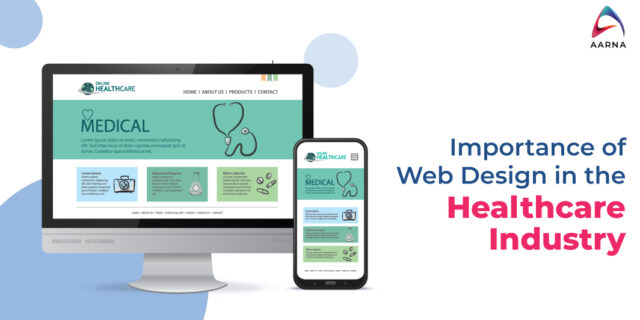
Introduction: In today’s digital landscape, having a strong online presence is crucial for the success of any small business. But simply having a website is no longer enough. To truly unlock your business’s growth potential, you need a data-driven website that can collect valuable insights and help you make informed decisions. In this article, we will explore how a data-driven website can supercharge your small business by generating leads, acquiring new customers, and optimizing your marketing strategies.
The Power of Lead Generation and Customer Acquisition As a small business owner
you understand the importance of generating leads and acquiring new customers. A data-driven website can serve as a powerful tool in these areas. For example, let’s say you run a local bakery. By capturing visitor information through a newsletter sign-up form on your website, you can build a database of potential customers who have expressed interest in receiving updates and special offers from your bakery.
The Benefits of Capturing Visitor Information:
Personalized Customer Experiences: Imagine a potential customer visits your bakery’s website and signs up for your newsletter. With their permission, you can use their contact information to send personalized emails tailored to their interests. For instance, if they expressed interest in gluten-free products, you can send them exclusive offers or information about new gluten-free options available at your bakery.
Improved Targeting and Conversion Rates:
By analyzing the data collected from your website, such as which pages visitors spend the most time on or which products they add to their cart, you can gain insights into customer preferences. Let’s say you own an online clothing store. By analyzing the browsing and purchase history of your visitors, you can identify patterns and target similar customers with personalized recommendations or discounts. This increases the likelihood of conversion and improves your overall conversion rate.
Enhanced Customer Insights:
Capturing visitor information provides valuable insights into customer behavior, preferences, and needs. For example, let’s say you run a fitness studio. By capturing data on which classes are most popular or which instructors have the highest attendance rates, you can tailor your class schedule to meet customer demand more effectively. This helps you optimize your offerings and enhance customer satisfaction.
Tailoring Marketing Strategies for Success:
Leveraging Data Analysis: Data analysis is at the heart of a successful data-driven website. By analyzing trends and patterns in the collected data, you can optimize your marketing strategies and make data-driven decisions. Let’s say you own a digital marketing agency. By analyzing the website traffic sources that generate the most leads or conversions, you can allocate your marketing budget more effectively and focus on channels that deliver the best results.
Implementing Data Collection Events:
Data collection events are essential for gathering visitor information. For example, let’s say you have an e-commerce store selling home decor items. By implementing a pop-up form offering a discount code in exchange for visitors’ email addresses or phone numbers, you can capture leads while providing an incentive for them to make a purchase. This not only generates leads but also allows you to follow up with personalized marketing messages to convert those leads into customers.
Integrating Behavioral Data:
Tracking user behavior on your website is another crucial aspect of a data-driven strategy. Let’s say you run a travel agency. By tracking which destinations visitors are researching or which vacation packages they view multiple times, you can identify their preferences and deliver targeted messaging. For instance, if someone repeatedly searches for beach vacations, you can send them customized offers for tropical destinations.
Implementing a Data-Driven Website for Your Small Business:
Choosing the Right Tools: To implement a data-driven website successfully, it’s important to choose the right tools and platforms. For example, Google Analytics can provide valuable insights into website traffic and user behavior, while marketing automation software like Mailchimp or HubSpot can help you manage visitor information and run targeted campaigns.
Ensuring Compliance with Privacy Regulations:
Respecting user privacy is paramount when collecting visitor information. Ensure that you comply with relevant privacy regulations such as GDPR (General Data Protection Regulation) or CCPA (California Consumer Privacy Act). Implement clear privacy policies on your website and obtain explicit consent from users before collecting any personal data.
Partnering with Experts:
Implementing a data-driven website can be complex, especially for small business owners with limited resources. Consider partnering with SEO agencies or digital marketing experts who specialize in data-driven strategies. They can help you set up and optimize your website for data collection while providing guidance on analyzing and utilizing the collected data effectively.
Conclusion: A data-driven website has the power to transform your small business by generating leads, acquiring new customers, and optimizing your marketing strategies. By capturing visitor information and leveraging data analysis, you can create personalized customer experiences, improve targeting and conversion rates, and gain valuable insights into customer behavior. Implementing a data-driven website may require careful planning and expertise, but the benefits it brings to your small business make it a worthwhile investment. Start unlocking your growth potential today by embracing the power of data-driven strategies.

